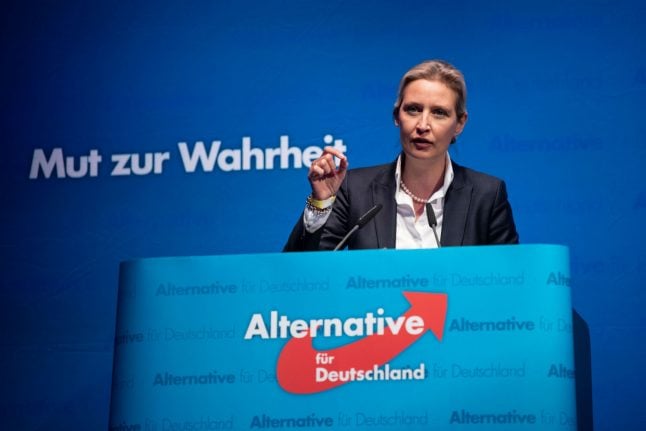The far-right party was the only benefactor under the will. In addition to gold coins, gold bars and real estate, the will also contained several patents that the engineer had taken out during his lifetime.
The gift comes at a difficult time for the party, which has faced cash-flow problems in addition to political scandals in recent years.
Protesters hit the streets across Germany on Saturday, calling out the party and its supporters – as well as mainstream German political parties – for supporting far-right and nationalist rhetoric.
The party called for donations from supporters in 2019, saying additional funds were needed to pay fines levied against it for campaign finance violations.
READ ALSO:
- 'Trouble and turmoil': What the CDU crisis means for the future of Merkel and Germany
- From 'avenger' to 'anti-Merkel': Who could be Germany's next chancellor?
- 'Cripple democracy': How the far-right is out to shatter German politics
Germany’s Süddeutsche Zeitung says the actual value of the bequeathment may be higher as gold has increased in value since the initial appraisal of the will.
The man died in July 2018 and the party was made aware of the will’s existence sometime in 2019.
p.p1 {margin: 0.0px 0.0px 0.0px 0.0px; font: 12.0px Helvetica; min-height: 14.0px}
p.p2 {margin: 0.0px 0.0px 0.0px 0.0px; font: 12.0px Helvetica}
The party said they had not previously engaged with the man and that he was not a member of the party.



 Please whitelist us to continue reading.
Please whitelist us to continue reading.
Member comments